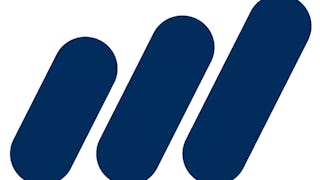Welcome to the course “Banking and Finance Sector in India”! By the end of this course, you will develop an understanding of Banking and Financial systems in India.
Finance is the backbone of any economic system; it facilitates trade by ensuring the smooth exchange of goods and services. Firms and governments require capital to sustain growth and development. Globalization and growth in international trade between nations imply more cross-border movement of goods and services and, thereby, the need for cross-border currency transactions. The finance sector comprises banks and financial intermediaries that facilitate the channel of money and funds from those who have it (savers/investors) to those who need it (borrowers). The eco-system of the finance sector comprises banks, financial institutions, Central Banks (Monetary Policy), the Reserve Bank of India (in the case of India), the government treasury (Fiscal Policy), and the regulators of specific bodies and institutions collecting public money. Over the years, the finance sector in India has widened and deepened in scale, size, and complexity. The working and benefits of a strong eco-system of the finance sector are facilitated by a strong Central Bank and a robust institutional, policy, and regulatory architecture.





















